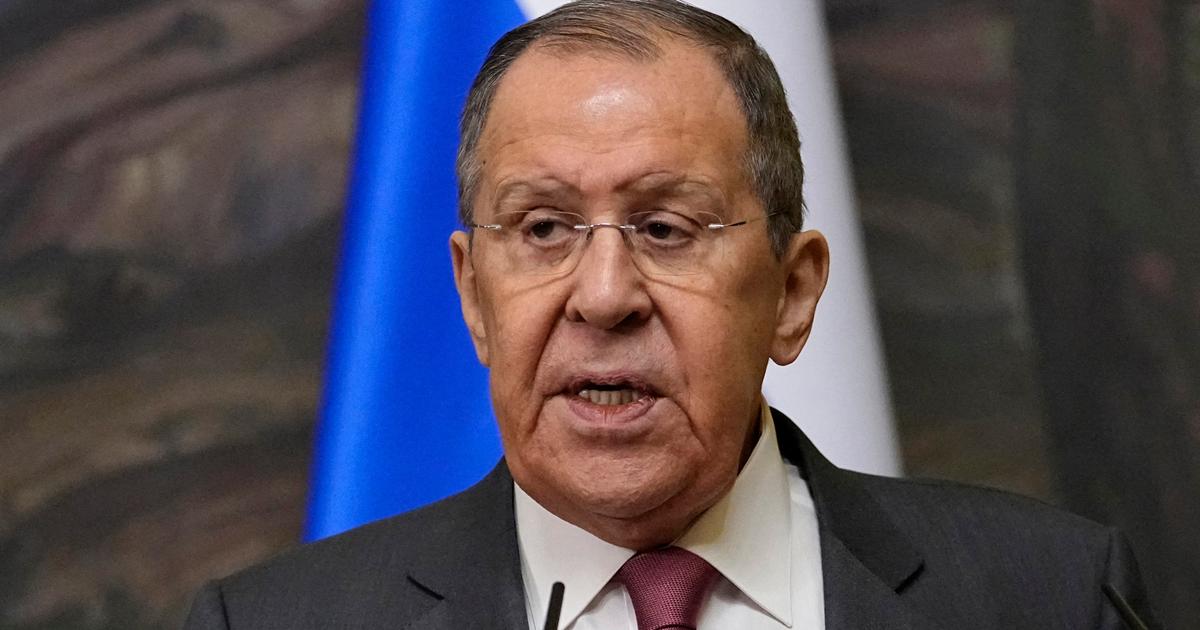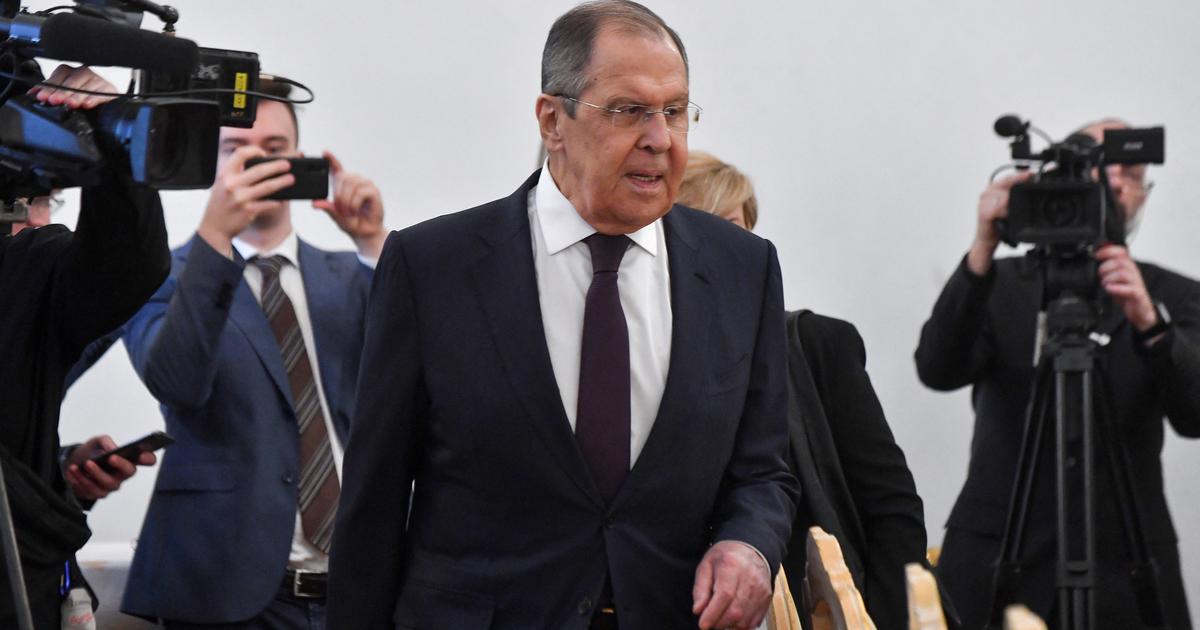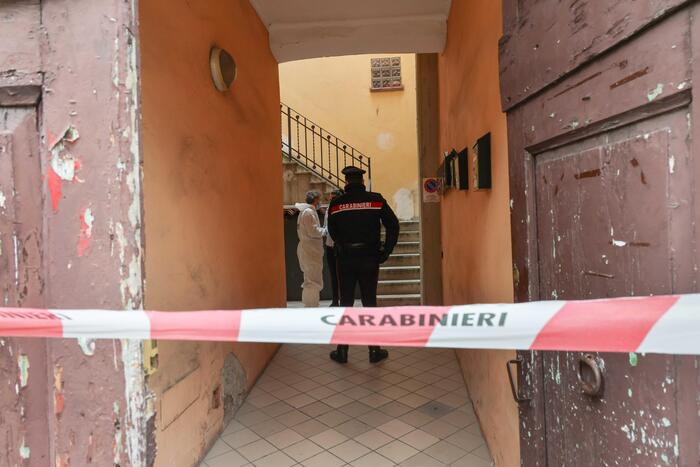Laurent Gayard is a researcher at CERU, teacher and columnist. He recently published Darknet, GAFA, Bitcoin - Anonymity is a choice (Slaktine et Cie, 2018).
Waldemar Brun-Theremin is managing director and founder of Turgot Asset Management.
In the 1980s, Deng Xiaoping defined Chinese foreign policy under a formula, widely adopted and emblematic after the Tiananmen repression: “Observe calmly; guarantee our positions; handle our business calmly; conceal our capabilities and wait for our time; maintain a low profile and never claim leadership. ” Times have changed and the discreet country of Deng Xiaoping must feel confident today to conduct a public relations campaign as aggressive as that which is deployed during the Covid-19 crisis. However, this only crowns a rise in Chinese rhetoric in recent years.
China needs to feel confident to conduct such an aggressive public relations campaign.Already on January 9, 2019, after the arrest in Canada of an official of the Huawei firm, accused of violating the sanctions imposed on Iran by Washington, the Chinese ambassador to Canada, Lu Shaye, had denounced, in a Column published on The Hill Times, a "two-tier" Canadian justice system reflecting "Western selfishness" and "white supremacism" . Lu Shaye is no longer based in Ottawa. Since June 2019, he has been Ambassador Extraordinary and Plenipotentiary of the People's Republic of China in France and Monaco, which has enabled this pugnacious fifties, perfect incarnation of Chinese politicians of the “6th generation”, to gain a reputation in Europe with some final declarations. The most recent concerns the ongoing epidemic crisis. According to Lu Shaye, "We would not be there if the West had been more successful in containing the epidemic." And the extraordinary ambassador took the opportunity to castigate the hostile media and foreign correspondents, necessarily hostile to the Chinese model which could nevertheless be considered a school of the world in these troubled times: "This is not a slogan. It's our vision. We think it's the only way to make the world a better place than before. ”
The analysis that Qiao Liang has just delivered to Zijing sheds new light on Chinese ambitions.The charge is rough but not entirely surprising. China has already responded forcefully to the attacks in the past, however Beijing has always been more or less on the defensive. The Covid-19 epidemic seems to have changed the situation, as General Qiao Liang unfilteredly affirms to journalists Wei Dongsheng and Zhuang Lei in the May 2020 issue of the magazine "Bauhinia" (Ziijing), an official Chinese publication published in Hong -Kong. Qiao Liang is a retired general of the People's Liberation Army, but more importantly, he is also the co-author, with Wang Xiangsui, another ex-officer of the Chinese army, of the book La Guerre Hors- limits, which made a big splash when it was released in 1999. The same year, President Jiang Zemin had initiated a new phase of Chinese development strategy by launching the slogan "get out of China". Twenty years after the book's release, China is entering a new phase of this policy and the analysis that Qiao Liang has just delivered to Zijing sheds new light on Chinese ambitions.
Qiao Liang believes, first, that the United States is a declining manufacturing power.Qiao Liang believes, first, that the United States is a declining manufacturing power. “Even if the United States continues to have high technology, to have dollars and to have American troops, all of these elements need manufacturing support. Without a manufacturing industry, who supports your high technology? Who supports your dollar? Who supports your American army? ” The coronavirus crisis has cruelly highlighted this situation by showing, for example, that if the United States files patents to manufacture respirators, they are no longer able to produce them. "Of 1,400 parts of the fan, more than 1,100 must be produced in China, including the final assembly , " said Qiao Liang.
For the former Chinese general, the American government is not ignorant of the problem and the program applied by Donald Trump since he came to power in 2016 clearly shows a desire to favor the reindustrialisation of the country at the expense of what Qiao Liang calls "Virtual economy" , an expression which can cover finance as well as Silicon Valley. However, for Qiao Liang, the reindustrialization or the “relocation” of activities mentioned by the leaders of Western countries during the Coronavirus crisis is a decoy. He recalls that the cost of labor in the United States is 7 times higher than in China. "Low wages are possible in extraordinary times, are they possible in normal times?" For Qiao Liang, if the United States really wanted to become a manufacturing economy again, it would simply have to return to a situation that its population is no longer able to assume within the International Labor Division (DIT), no more that the United States would bear the risk of abandoning its monetary hegemony. “Sugar cane is not sweet at both ends, and to provide liquidity for others, it is necessary to buy other people's products. But if you revive the manufacturing industry, you don't have to buy other people's products. That way, there will be less dollars flowing to other countries, and when other countries trade with each other, they have to find other currencies. The recovery of the manufacturing industry will seriously harm the interests of American financial capital groups , ” asserts Qiao Liang.
In the China Sea, Beijing has caused territorial disputes with all of its neighbors.In light of what he analyzes as a programmed decline of the United States and the West, Qiao Liang underlines the “rebirth” of China, which knew it, “to learn from others” and to become a leading country in the field of advanced technologies while taking care to keep its manufacturing industry. However, at present, the indicators of Western “decline” and Chinese “renaissance” remain contradictory. China's immediate neighbors still take a dim view of its desire for territorial expansion. As early as the spring of 2018, Australia implemented measures to limit Chinese influence in its internal affairs. In the China Sea, Beijing has caused territorial disputes with all of its neighbors, which have consequently launched into a regional arms race, also very costly for China. As for the Americans, the coronavirus crisis, far from calling into question the trade war, gives new pretexts to the Trump administration to tighten its restrictions on exports to China, while the American federal states launch out as to them in an escalation of lawsuits against China. They are not the only ones. In Nigeria, magistrates are claiming $ 200 billion in compensation from China for the damage and loss of life suffered during the Coronavirus crisis. The charm also seems to be broken with the Europeans even if Italy, which felt abandoned by the European Union during the epidemic, only more appreciated the help of the Chinese and Russians who made the demonstration of a new form of “sanitary soft power” .
Domestically, a partial recovery in economic activity is underway in China after a GDP which recorded a decline of 6.8% in the first quarter. Beijing promotes industry development and exports. The high savings are oriented towards public companies whose yardstick of success is turnover and profitability, a lesser stake. However, the currency is still pegged to the US dollar, to the benefit of the exporting machine and to the detriment of the Chinese consumer. Beijing is however trying to operate a slow rebalancing of the GDP in favor of domestic consumption. Thus, the administration is also increasingly encouraging state banks to offer loans at preferential rates to small and medium-sized enterprises and no longer only to public enterprises. But if, as some analysts say, the shutdown of the productive system has put up to 200 million Chinese workers unemployed, Beijing will have to watch very closely the risks of social tensions, especially since the ongoing coronavirus crisis and the forced cessation of international trade are drying up foreign currency inflows. The domestic economy should therefore be favored, presumably to the detriment of external ambitions. These were huge, however. Since the launch of the Belt and Road Initiative in 2013, Chinese investment in the project has reached nearly $ 1 trillion and could reach more than $ 1.5 trillion by 2027. According to economist Wade Shepard, the future of New Chinese Silk Roads are in no way challenged by the pandemic, as this project is at the heart of Chinese strategy.
China risks, in the more or less long term, a drying up of foreign direct investment.The coronavirus crisis therefore seems to accelerate the start of a new trade war. The United States has entered the cold war and will not leave this state of mind regardless of the winner of next November's elections. Some production chains are in the process of being repatriated, and whatever General Qiao Liang says, the phenomenon of relocation to lower-cost countries, most often Asian, had already started as Chinese wages rose. China especially risks, in the more or less long term, a drying up of foreign direct investments even if it still benefits from a war chest accumulated during four decades of fierce mercantilism. But foreign investors represent only less than 3% of the Chinese sovereign bond market. In comparison, Japanese public debt is held around 10% by foreigners, against 40% for US treasury bills or more than 60% for the German Bund. China therefore has a large part of its debt, which may seem an advantage if we compare the situation of Western debts.
China operates in a geopolitical environment much more threatening than that of the United States or Europe.However, Beijing is in desperate need of foreign investment and the opening of the domestic bond market to foreign investors is crucial to continue to finance Chinese development and overcome increasingly strong internal social constraints and to cope with an increasingly geopolitical environment. more hostile. The trap of the "virtual economy" and the financialization of growth at the expense of industry with the increase in the cost of labor may also lie in wait for China. Another determining factor for Chinese development also remains the problem of the aging of the Chinese population, which already has 200 million over 65s and will no doubt double in 2050. Finally, China is evolving in a much more threatening geopolitical environment than that of the United States or even that of Europe, and military spending weighs accordingly on Chinese GDP. The analysis delivered by Qiao Liang also shows that the Chinese essayist and strategist is aware of the threats hanging over what he calls the enterprise of "revitalization" of the Chinese nation. Significantly, he also believes that the reunification of Taiwan with mainland China is not on the agenda. "It is undoubtedly a good thing for the Chinese to do to achieve the great cause of reunification, but it is always a mistake if the right thing is done at the wrong time. We cannot let our generation commit the sin of interrupting the process of rebirth of the Chinese nation. ” Deng Xiaoping's discreet country may still have to brake its brakes a little while waiting for its time.







/cloudfront-eu-central-1.images.arcpublishing.com/prisa/FIJVMOBHZRWVDBKS3NAQ2M4JRE.jpg)

